Welcome to APA Learn!
Explore the catalog by scrolling through the courses on each page or by filtering by topic, price, credit type, or credit amount. Your purchased courses will appear in your APA Learn dashboard.

The EPA awarded $250 million in planning grants to states, MSAs, tribes, and territories to address climate action planning regionally. Each entity was given the same requirements, timeline, and budget. Let’s check in and see how they’re doing!
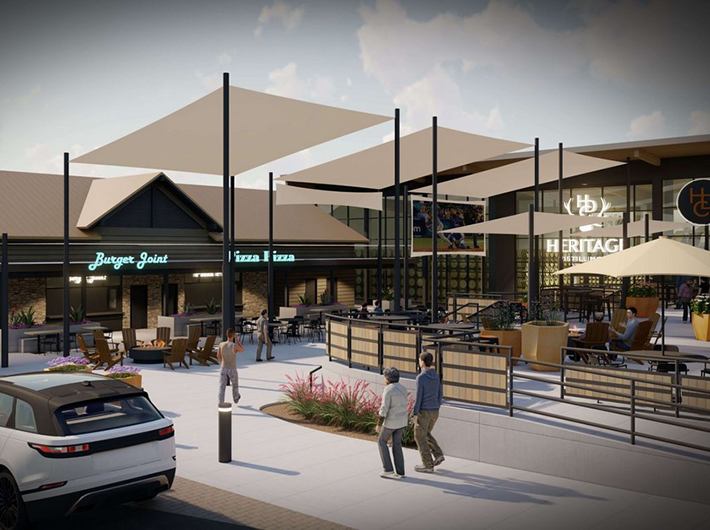
Apache Corners is a $200MM data driven development by the Tonto Apache Nation. Through harnessing the power of aLocal and AI analytics, they worked with public & private partners bringing together economic growth and sovereignty to their nation and region.

Planners play an integral role in creating supportive housing. Through this course you will learn how to advance the production of supportive housing and receive access and a demonstration of a tool to help manage the housing development process.
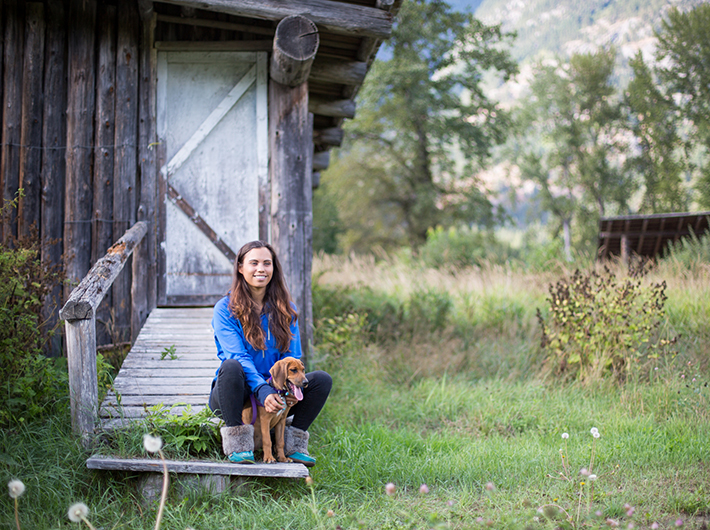
Housing is a human right, yet Indigenous Peoples in Canada face significant challenges with homelessness and inadequate housing both on- and off-reserve. This session will explore these issues, share insights from research projects and lived experiences, and examine urban, suburban, and rural housing considerations to help planners address these disparities.
This product is not approved for CM Credit.
Nonmember Price: $0.00
Member Price: $0.00
For a complete list of Speakers, click here.

In post-election Washington, housing is a rare area of bipartisanship. While the opportunity is real, the path forward on policies for zoning reform, taxes, and funding is uncertain. Policymakers will discuss the road ahead and the impact of the Administration.
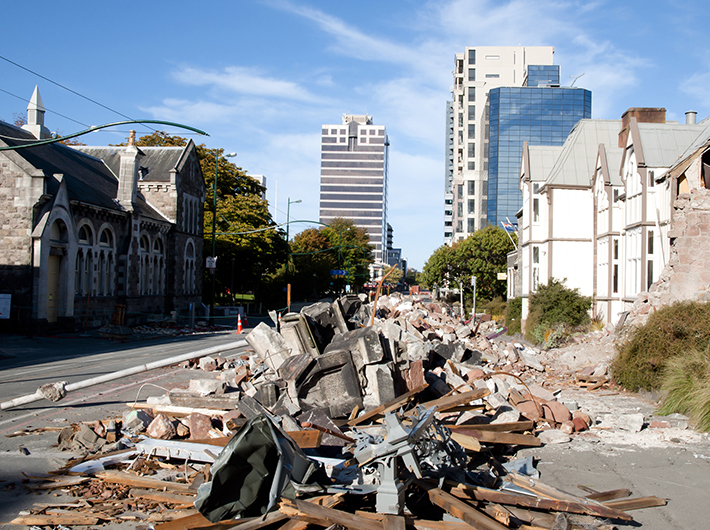
This session will outline lessons for land use recovery from severe weather, earthquakes, and climate change from New Zealand, Australia, and the United States, and encourage planners to explore their role in the recovery process and to take action before a disaster strikes their community.
CM I 1.25 (1.00 Sustainability & Resilience)
Nonmember Price: $50.00
Member Price: $25.00
For a complete list of Speakers, click here.
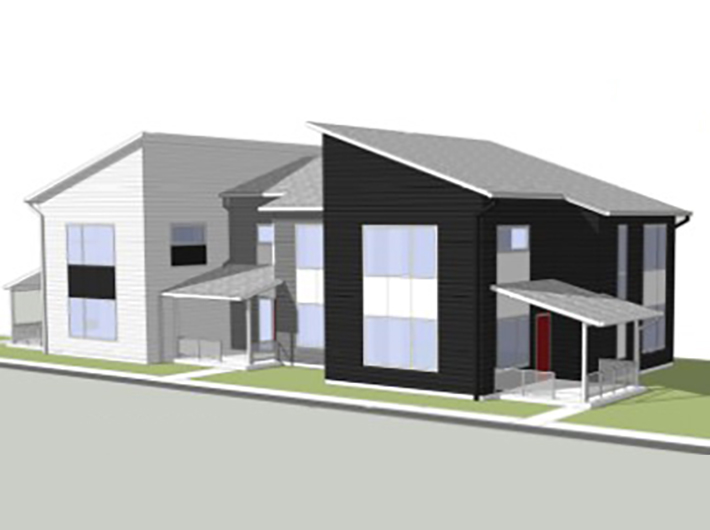
Missing middle housing plays an important role in meeting a variety of housing needs at different price points, yet it's been disappearing for decades. This course explores how four Twin Cities municipalities are removing barriers to missing middle housing development.

The future is full of uncertainty that can paralyze today’s public actions. In this session, you will learn how the Twin Cities Metropolitan Council is exploring future scenarios to manage uncertainty and coordinate long-range policies and investments.

Explore Mesa, Arizona's use of VR/MR to create new engagement strategies, starting with youth and civic planning. These immersive technologies bring abstract concepts like TOD and climate-adaptation to life, allowing for experiential understanding and participatory decision-making across diverse groups.

Through the lens of a developer, designer, planner, and the public sector, we will explore how to implement communities’ visions for an innovation economy. We will explore the design, development, economics, and partnerships associated with innovation districts after the pandemic.
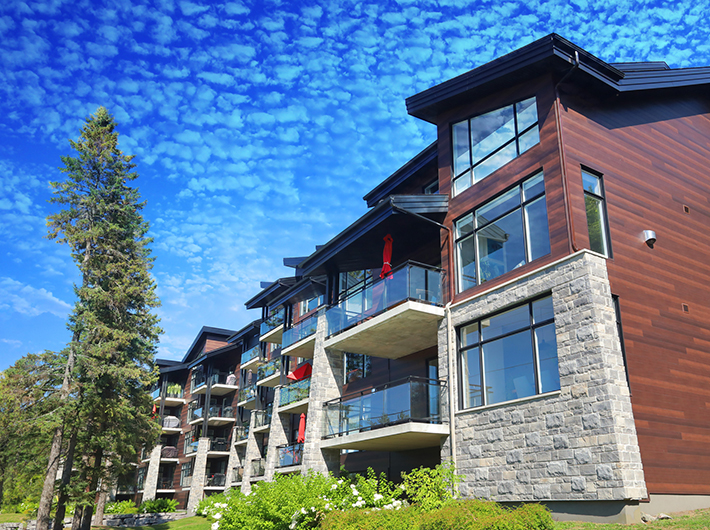
This year's theme, Homes Start with Planning, emphasizes the critical role of planners in addressing housing needs within our communities. By the end of the course, learners will understand how planning contributes to delivering equitable, inclusive, and sustainable housing solutions for all. Sessions will explore strategies to meet diverse community needs through thoughtful, impactful planning practices.
This product is not approved for CM Credit.
Nonmember Price: $0.00
Member Price: $0.00
For a complete list of Speakers, click here.

Learn about the Neighborhoods Now Initiative as a case study for building interdisciplinary partnerships to empower local organizations in community planning efforts. The course will spotlight a project from the initiative, Chinatown Night Market, and its impact on NYC's Chinatown.

This session explores innovative housing projects in Ukraine addressing urgent needs caused by the displacement of millions of Ukrainians. It highlights the CO-HATY project, providing emergency and long-term housing, and the Vid Sertsya Budova initiative that aims to create a sustainable 15-minute city for 25,000+ residents.
This product is not approved for CM Credit.
Nonmember Price: $0.00
Member Price: $0.00
For a complete list of Speakers, click here.

An innovative partnership between the City of Waterville, Maine and Colby College, guided by inclusive engagement and a strong planning framework, has in under ten years established a model for revitalizing struggling main streets and post-industrial downtowns across the country.

As the population continues to grow, affordable housing needs have quickly spread across Colorado suburbs. Join us to hear about the City of Centennial's approach to simplifying complex housing topics and finding creative solutions to a variety of outreach challenges.

Jefferson County is proactively using nearly $1M of ARPA funds to collaboratively update five County plans and code. A team of County staff and consultant staff will discuss the benefits, efficiencies, and lessons learned from implementing this integrated approach.

In the world of planning, where decisions shape the lives of countless individuals, the ability to lead with empathy is increasingly important taking on a greater role politically and professionally. These panelists will discuss leadership styles, empathetic engagement, and relationships.
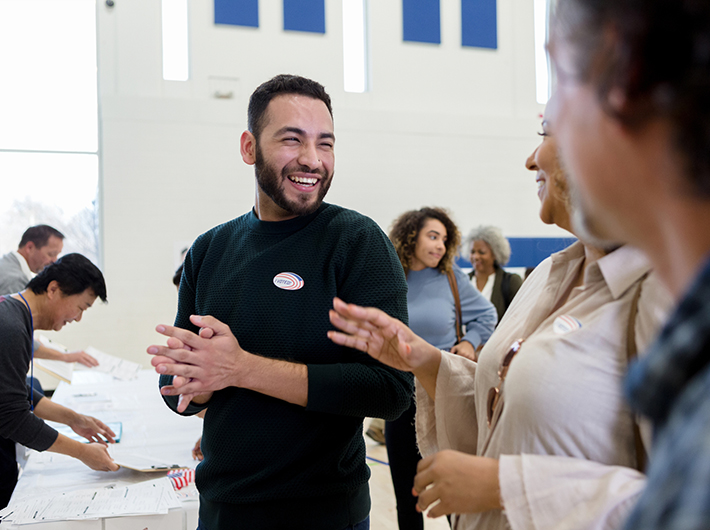
Inclusive planning in Latino and Spanish-speaking communities is more than understanding demographics - it’s creating vibrant and equitable cities by embracing the complexity and diversity that planning in Latino communities represents through intentional and meaningful engagement.
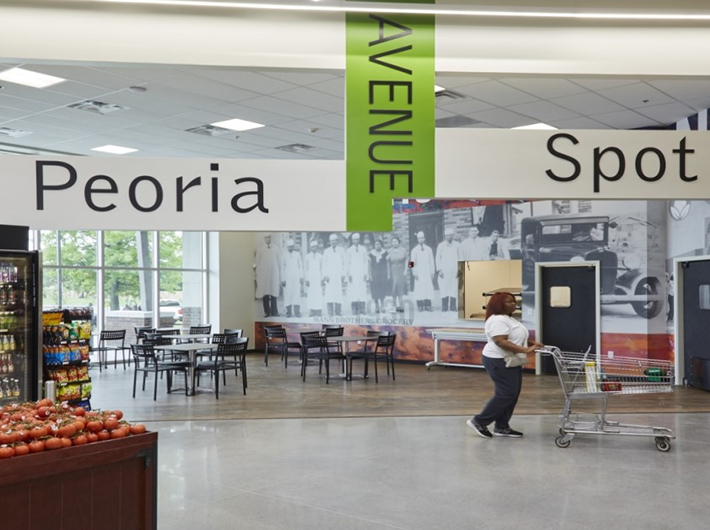
Partnerships and Federal Funding Build an Oasis in a Food Desert. Tulsa Economic Development Corporation and partners leveraged federal grant dollars and made community and equity the core of a new grocery store.

Explore how planners can mainstream sustainability by leveraging the Rogers innovation adoption curve and the 5A framework, creating environments and services that make sustainable behaviors the easy, attractive choice for communities, accelerating the path to a sustainable future.

Rapid growth can decimate the natural environment if not well-managed. Learn how to establish the nexus between policy, community values, planning, development regulations, and consensus for action, to protect the natural environment and enhance the sense of place.

The Mapping Segregation Project maps how racial restrictive covenants led to the inequitable development of Montgomery County, Maryland. The Planning Department has built a GIS mapping tool and data set that shows patterns of racial segregation at the neighborhood level.
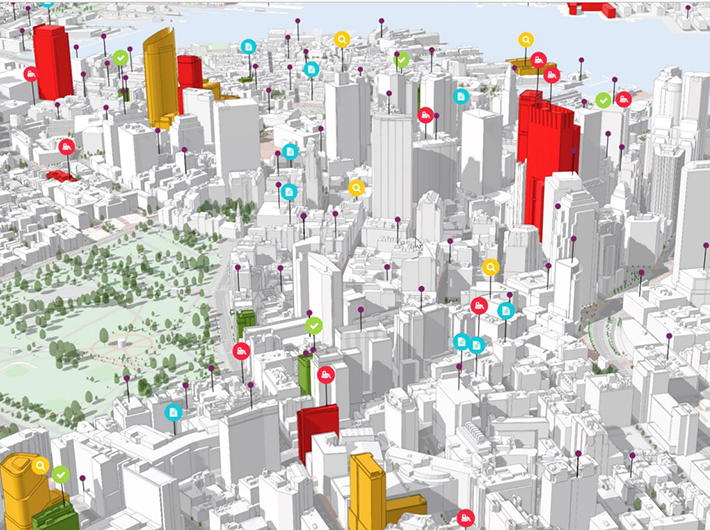
Imagine having the ability to evaluate the fiscal impacts of development on your agency’s operating budget at your fingertips. Our Esri-based model generates visual and numerical fiscal impacts of new development, from single-lot redevelopment projects to multiple-use plan areas.

This webinar will explore key skills needed to manage conflicts in planning work. It will focus on managing relationships and finding the best ways to design meetings for better planning outcomes.
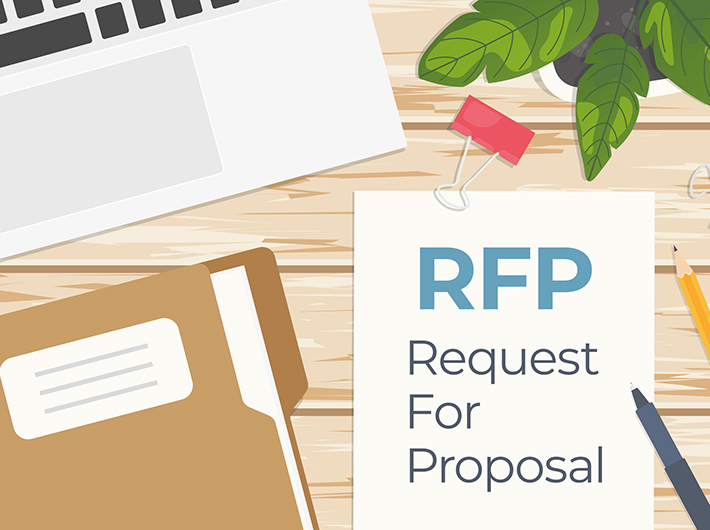
Elevate your RFP/Q game! This session unpacks the secrets to fine tuning project requests, from writing compelling RFP/Qs to submitting client focused proposals. Learn innovative strategies to overcome common challenges and drive project success in both public and private sectors.

During comprehensive planning processes, planners often hear concerns about plans being written only to "collect dust on a shelf". This session will describe the Kansas City, Missouri's efforts to modernize comprehensive planning and provide more awareness and transparency through implementation.

Leveraging private funds to make public improvements is a powerful way to improve the public realm. Pittsburgh's Mobility Trust Fund helps bring neighborhood mobility projects to fruition when otherwise unfunded. Learn how this valuable tool is a win-win for everyone.

Explore opportunities to harness the potential of AI while upholding the values at the core of our profession. Leverage AI to foster ethically driven, equitable, sustainable, and vibrant communities - let's shape the future together!
CM I 1.50 (1.00 Ethics)
Nonmember Price: $0.00
Member Price: $0.00
For a complete list of Speakers, click here.

Getting bogged down in politics is not how planners envision making a difference. However, we work in an environment where others are not committed to our ethics. Practice navigating the politics of planning without getting lost, fired, or sanctioned.
CM I 1.00 (1.00 Ethics)
Nonmember Price: $0.00
Member Price: $0.00
For a complete list of Speakers, click here.

Explore how EDI—an essential element in ensuring fair access to resources—can provoke debate in conservative areas. We’ll discuss what happens when these terms become contentious and how planners can navigate these challenges using alternative language to build trust and foster collaboration.
CM I 1.00 (1.00 Equity)
Nonmember Price: $0.00
Member Price: $0.00
For a complete list of Speakers, click here.
